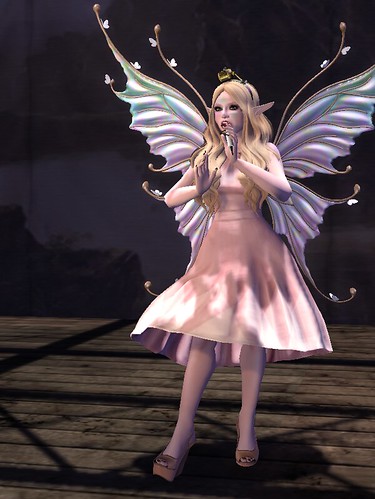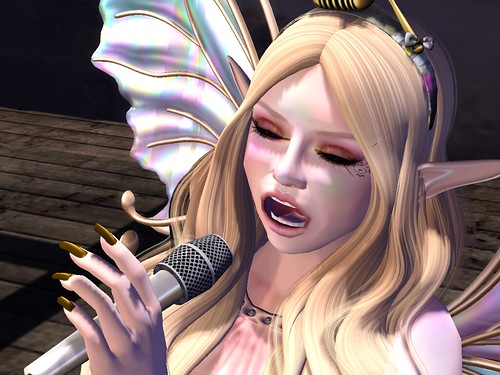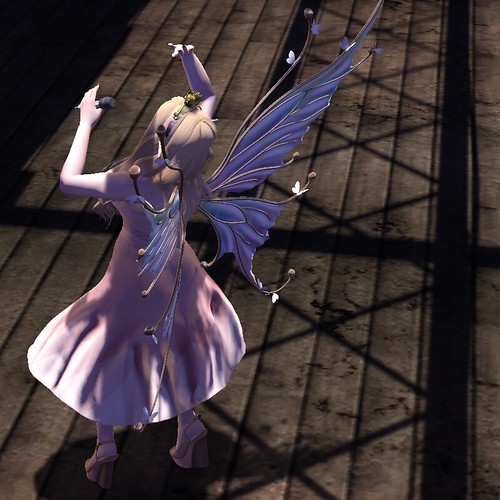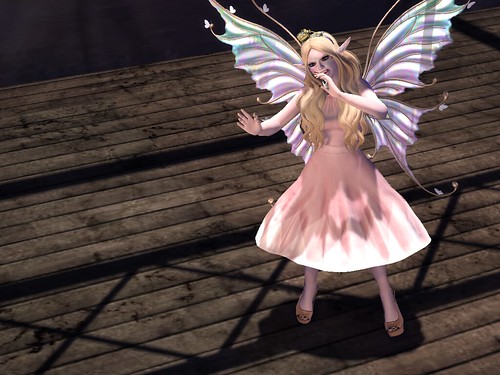Monday, May 25, 2015
How do we Tolerate Intolerance
The 2015 Eurovision Song Contest is a bright and frothy reflection of very dark things. I didn't want to get into it in my Sunday Squee because it is decidedly unSqueeful, but the Eurovision attempt to sing away war happened while a war was going on. Over a year ago, in February 2014, Russian forces invaded Ukraine in the wake of Ukraine trying to formalize stronger ties with Europe, and they've continued to advance their military despite sanctions from a West which has been unwilling to offer up direct military aid. Conflict News, a source which attempts to use citizen reporting about what they observe as a way to get more information about conflicts in areas where journalists are unsafe, has a running line of information about the ongoing conflict on their Ukrainian feed, including an animated gif which gives a sense of the war's size and progression. It is notable that Ukraine had withdrawn from the Eurovision Song Contest citing their unstable political and financial position while Russia remained in the contest, and scored second with a charming song I would have loved if not for the political backdrop.
In addition to Russia showing their intolerance of Ukraine's independence through war, Russia has also spent the last several years spreading prejudice about some of their citizens and codifying the abuse of these same citizens into law in 2013. There are a lot of ways to interpret this in the face of a West which is becoming increasingly liberal about homosexual people, and to a lesser extent trans* gender people, it came briefly to the attention of a national stage during the 2014 Olympic Games in Moscow but was overshadowed by the attack on Ukraine in 2014. Vladimir Putin defended Russian law as being put in place to encourage population growth in Russia and even contextualized responses to Russia's codification of discrimination of law as foreign propaganda (source). Lithuania pointedly had two same-sex kisses as a highlight of their song This Time, a narrative choice which would have been strengthened by keeping that lineup the whole time instead of prefacing and following it with the expected heterosexual couples. The moment - and the cheers of the crowd - seemed extremely pointed, however, given Russia's contemporary treatment of gays and lesbians.
And it is into this context that the points scoring section occurred, where the crowd booed when Russia received points - and it happened a lot, since the Russian song and singer were very good. The hosts of the show emphasized several times that “music should stand over politics tonight”, and last year's winner Conchita Wurst, who had been condemned by the Russian Orthodox Church, was seen comforting singer Polina Gagarina who had supported Wurst despite Russian condemnation in the wake of Wurst's 2014 win. Against this backdrop, in the context of individual people making connections while larger countries shift in focus, the question of how we respond to intolerance becomes even more important. It is notable that Gagarina was condemned along with Wurst within Russia and yet was still chosen to represent Russia. Whenever one is talking about a country there is a mix of people with directly opposing beliefs, and all too often a minority of the population can use violence or bureaucracy to monopolize the representation of the country. It's also important to keep in mind that we can use discrimination in other places as a way to draw attention from the local discrimination we condone, offering up a mirage of effortless moral superiority. Where I live in the US the legal discrimination has lessened, but there are still horrible and cruel things done to lesbians, gay men, bisexual people, as well as the broader spectrum of people with variable gender identities.
Discrimination is an act of individuals, but it is also an act of a collective, and so neither individual nor collective response is sufficient. I think that is why these moments can be so fraught, as thousands of people mistook Gagarina for Russia and booed, as other people defended Gagarina hoping the larger context would ally them with the accepting and not the intolerant. To object to something is an act of discrimination, and act of intolerance, and so often that simple fact is used as a weapon against people who object to anything - including intolerance. We don't live in a fairy tale world where the character of the king is reflected in his country, but we do live in a world where the many often go along with the few, and where objecting to the public face of a presumed majority is discouraged. We also live in a world where feelings may be mixed. Even knowing that Gagarina supported Wurst despite the words of prominent people in the country she is representing, I found that the very act of her representing Russia was an emotional challenge for me. I didn't want to like her or her performance - they were very good nonetheless - and despite their inaccuracy in the specific moment, I found the audiences' refusal to let Russia's actions against other countries and it's own citizens go unrecognized.
Emotionally, I would have preferred if one of the bridges built was to Ukraine, even though Ukraine could not be present. Mentioning them, honoring them, would have done a lot to rebalance things in my opinion. Instead, the unmarked absence of Ukraine and the presence of the country which caused their absence felt like cheering on the bully while ignoring the person he put in the hospital - I found it intolerable. Clearly, the powers that be behind Eurovision felt differently - and given the reactions of the women who were the face of Eurovision this year, it felt like one which was congruent for them even while it was intolerable for me. The call to "Build Bridges" while people were being killed seemed painfully tone deaf despite the sheer joy I found in Eurovision. I think that particular flavor of tolerating intolerance by pretending it did not affect any of the people involved - in this case by trying to filter out the booing which was used by residents of the local area to register their dislike for Russia in the face of it's intolerance and aggression - was unreasonable.
I don't know how things would have gone differently if the Eurovision staff had created something recognizing Ukraine as a sibling nation and marking their absence, but I would imagine that it would have added to the individual acts by other countries, like Lithuania, which attempted to mark the intolerance they disliked by displaying a type of public approval of same-sex relationships, or like France and Hungary did with their songs decrying war. The presence of Wurst was an explicit condemnation of Russia as well, but I wish both Wurst and Gagarina had respected the voices that disagreed with the inclusion of Russia in the larger context. Gagarina's song was "A Million Voices," and I am sure her intentions and her desires for peace and healing are sincere, but I think calling for peace and healing while people are dying in their own countries and that isn't being recognized by the people calling for peace and healing is, again, unreasonable.
A Million Voices should include the people currently being victimized, the people currently being attacked, the people having their children taken away, the people losing their jobs. It should include a country that was attacked and whose resources were drained so they couldn't attend. The Bridge to them shouldn't vanish, while the Bridge to their attacker is maintained, or this isn't true peace, this isn't true healing - it is a call for solidarity on the backs of the dying and dead, and that's no solidarity at all.
Context matters.
( More pictures here. )
Credits:
Skin: Izzie's, Irene
Hair: Wasabi Pills, Shriya
Headband: Sad Harlequin, Sing to Me
Ears: .:Soul:., High Elf
Eyes: .:Soul:., RooMee
Eyelashes 1: SLink, Mesh Lashes
Eyelashes 2: Flugeln Brise, 05-A
Eyeshadow: Musa, Tarja
Wings: Deviance, Sidhe
Hands & Feet: SLink, Hands & Feet
Microphone: Dark Moon Creations, Microphone
Nails: A:S:S, Glamour Silk
Outfit: Apple May Designs, Diamond Dress
Shoes: Livalle, Europa
Pose: Dark Moon Creations, Microphone
Location: The Looking Glass Amphitheater
Light Settings: TOR, MIDDAY Anime ciel
Water Settings: Mirror water
Photographed by Deoridhe Quandry
Post processing: Cropping
Subscribe to:
Post Comments (Atom)





No comments:
Post a Comment